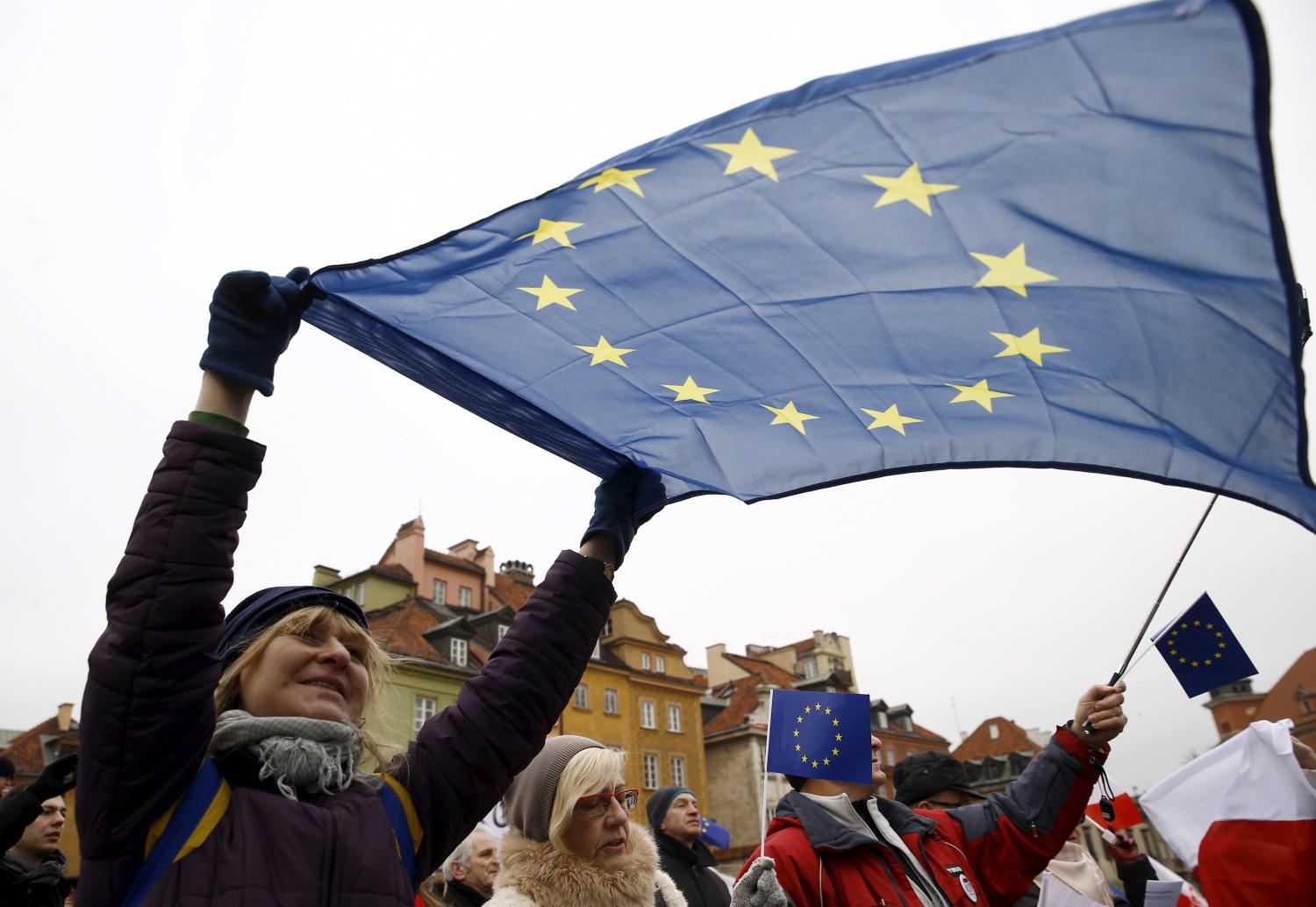Human society has been undergoing far-reaching and fast-paced transformations. The dynamics of these transformations are the subject of this working paper’s analysis. As human society is a vast subject, the paper is focused primarily on three main areas: demographic change, with emphasis on declining fertility, aging, and urbanization; civil advancement, i.e. spreading education, women’s emancipation, and the growth of civil society; and technological revolution, including interconnectivity. At the turn of the 21st century, all three of these areas experienced impressive evolutions on a global scale. Moreover such evolutions appeared to converge towards standards the American, European, and other advanced societies had already reached.
These transformative trends, however, have been seriously affected by disruptive occurrences that have taken place in more recent years. Russian President Vladimir Putin is entitled to the first place on the list of geopolitical revisionists. The annexation of Crimea, the relentless pressure on Ukraine and recent interventionism in Syria are each part of a broader revanchist pan-Russian nationalism. The implementation of this ideology has been given priority over the welfare of the Russian people, whose views have been guided by state-controlled media. President Recep Tayyip Erdoğan of Turkey seems intent on following in the footsteps of his counterpart in the Kremlin, along with an ever-larger cohort of strongmen that has risen to the world stage, often at the expense of the rule of law and the freedom of their subjects. At the same time, the aftershocks of the deepest economic recession since the Great Depression have contributed to the darkening of the global economic outlook and have made the path of the “rising economies,” especially China and Brazil, increasingly uncertain.
Lastly, the sudden rise and dramatic fall of the Arab Spring, which had generated huge expectations in the region, has ended up where it all started, in tiny Tunisia. Most of the Islamic world is still torn by religious fanaticism and ethnic clashes, with outcomes often marked by unspeakable cruelty. The list of failed or nearly failed states in the Middle East and North and Sub-Saharan Africa has been extended to include important bellwether countries such as Libya, Syria and Iraq. Civil wars in these countries have forced the affected populations to flee by the millions, mostly to neighboring countries. Increasingly, however, refugees are heading to Europe, an option that often implies extremely tough, and sometimes deadly, travels.
In the West, the U.S. economy was severely affected for approximately half a decade by the 2008 financial crisis originating on Wall Street. That context, along with the unfinished business of the wars in Iraq and Afghanistan, was an unwelcome cloud over the inaugural reception for the first black American President. The combination of economic stringencies, the attempt to extricate from these previous disastrous interventions abroad and the need to confront the new mounting disruptions just listed above would constitute a daunting challenge for any leader. As the end of his second and final term approaches, Barack Obama’s caution often appears to be perceived, perhaps unfairly, as a lack of leadership, and this has helped Congress become dominated by Republicans, many of whom are hostile to liberal internationalism.
The eurozone, for its part, was shaken to its very foundations. Furthermore, the mantra of the European process—integration—has increasingly been undermined in two respects: the various symptoms of lacking solidarity among member states; and the problematic social, civil and cultural inclusion of a growing immigrant population. The current crisis of Middle Eastern refugees and economic migrants flooding many EU countries provides a dramatic stress test of integration on both respects, with nationalism, separatism, and xenophobic populism now on the rise.
The purpose of this paper is to consider the specific influence exerted by societal change on international relations and, conversely, the degree to which mutable trends in world affairs, including their current regressive phase, interrelate with the transformations taking place across most societies. To cite just two examples among the many discussed in the paper: 1) Gender relations have the potential of becoming the defining issue for the future of Muslim societies and of their relations with those of other civilizations, as the events in Cologne have shown following those of the past in Tahrir or other Arab squares; 2) Thanks to growing connectivity, Chinese citizens have become alert to the plague of corruption, tax evasion and financial crime and seem to be increasingly aware of the transnational scale of the problem.
The paper suggests, first, that the changing societal fabric is no less important than the new geopolitical, strategic and economic context. Second, it contends that societal transformations are not only important but can open the door for opportunity as much as they can produce risk—provided that their manifestations are properly understood and their developments steered in the desirable direction. And third, for this to happen, policy options should be framed inside long-term strategies that are consistent with societal trends, in a context of resilient economic interdependence in which private subjects such as multinational corporations and civil society organizations play more prominent roles.
A brief reference is first made to the historical background of the thesis. Then the most significant aspects of what may be termed the global societal metamorphosis are the subject of a synthetic analysis with the intent of stressing those aspects that may provide new opportunities for international action. Finally, suggestions are put forth with the purpose of complementing American and European foreign policy making with innovative approaches that factor in the dynamics of these transformations.
The Brookings Institution is committed to quality, independence, and impact.
We are supported by a diverse array of funders. In line with our values and policies, each Brookings publication represents the sole views of its author(s).




